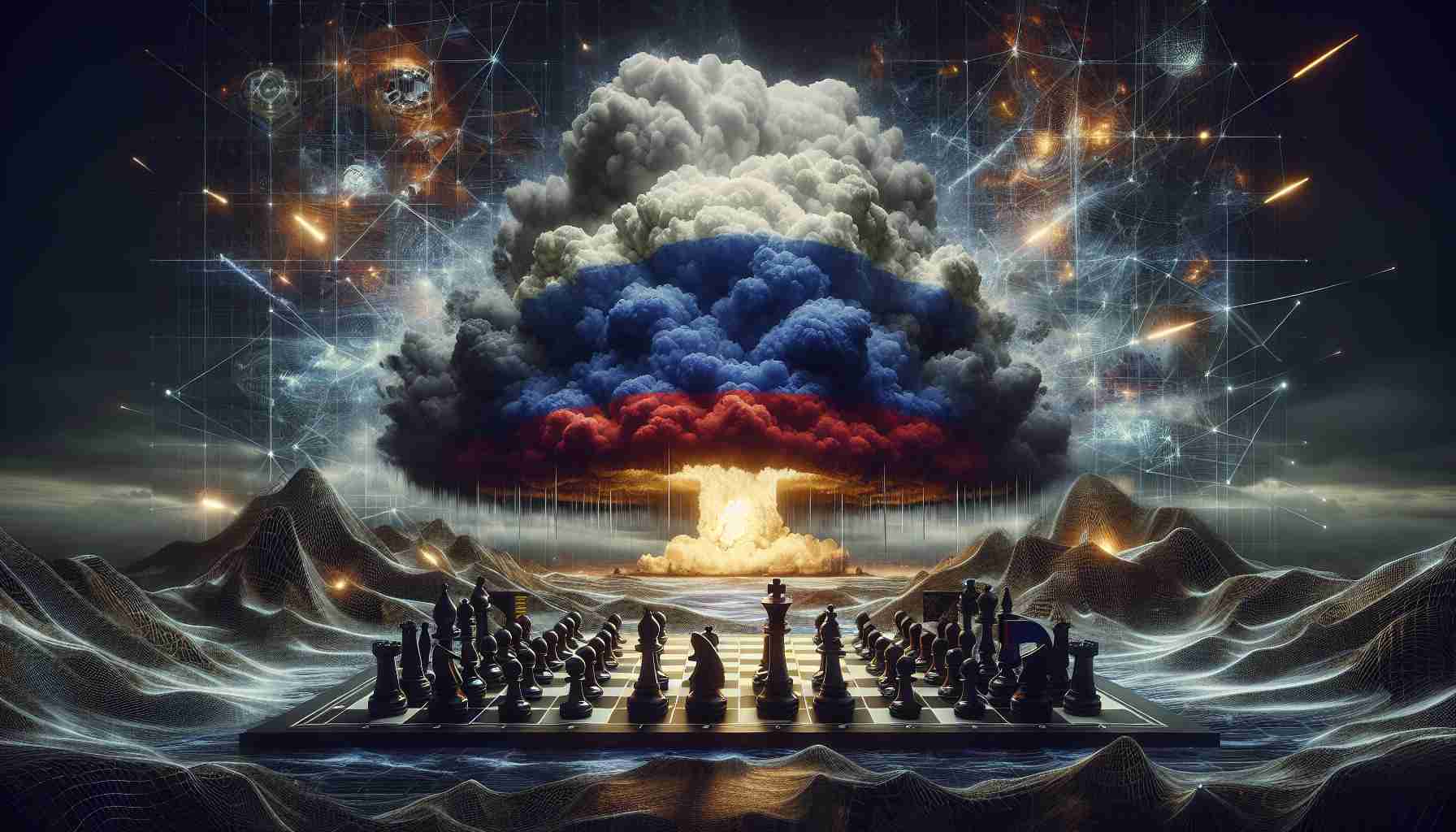Recent developments in Russia’s nuclear stance have triggered global unease. Russia’s decision to amend its nuclear doctrine, possibly allowing a nuclear response to conventional attacks on its soil, raises alarm bells worldwide.
Intensified Tensions
The situation has become more volatile following Russia’s test of the Oreshnik missile, capable of nuclear delivery. Although the missile tested with a non-nuclear warhead, it highlighted Russia’s potential to strike deep into Ukrainian territory. President Putin emphasized that this move was a response to aggressive actions by NATO countries.
Strategic Concerns
Russia’s revised nuclear policy seems to be a counter to Ukraine’s growing use of Western-supplied missiles, like the ATACMS from the U.S. and Storm Shadows from the UK. These attacks on Russian targets raise the stakes, sparking fears of potential Russian nuclear testing. Historically, Russia hasn’t conducted a nuclear test since 1990, with Putin’s tenure seeing a restraint on such actions. Breaking this long-standing moratorium could isolate Russia further internationally and mark a radical shift in its military strategy.
Global Repercussions
With relations between Russia and the West at their most strained since the Cold War, some experts speculate that Russia might consider a nuclear test to assert its military prowess. Such an action would signal a significant escalation in the ongoing conflict, possibly leading to severe diplomatic consequences.
Ukraine’s President Zelenskyy views Russia’s recent missile test as a stark escalation, symbolizing increased brutality in the ongoing war. The world watches closely, questioning Russia’s next move and the potential for an unprecedented shift in global nuclear dynamics.
Nuclear Strategies in the 21st Century: A New Era of Global Risk?
The Dawn of a New Nuclear Era
As geopolitical tensions grow more palpable with Russia’s new nuclear posture, a fresh wave of unease is sweeping across the global community. Ever since Russia hinted at a revised nuclear doctrine allowing for a nuclear response to conventional attacks, the world has been on edge, wondering how these changes will redefine the future landscape of international security and technological advancement.
Remote Possibilities or Imminent Reality?
Russia’s potential shift towards easing its nuclear doctrine opens up a Pandora’s box of ethical and strategic dilemmas. One must ponder: How might these doctrinal adjustments inspire changes in nuclear policies worldwide? If history teaches us anything, it’s that nuclear strategy is often mimetic. Could we begin to see a domino effect where other nations simplify their nuclear triggers or revisit their own doctrines to match this bold approach?
Technological Advancement or Peril?
Despite the disconcerting nature of Russia’s new stance, it propels a consideration of emergent technologies that could either escalate or deter future conflicts. As nations grapple with these developments, the question remains: Could advanced technology act as a deterrent or a trigger in the face of shifting nuclear policies?
Consider Artificial Intelligence and its intersection with nuclear strategy. Who will oversee AI systems designed for nuclear command and control to prevent unintended escalations? Nation-states might find themselves investing heavily in AI-driven defense technologies, which could either bolster national security or pose unforeseen risks.
Advantages and Disadvantages of an Updated Nuclear Stance
The benefits of revisiting nuclear doctrines might include heightened national security and a stronger deterrence factor; however, the drawbacks could be equally compelling. The psychological warfare component increases, causing distress among global citizens and potentially triggering arms races in unstable regions.
Curious Facts and Controversies
Did you know that the last above-ground nuclear test by any nation was conducted in 1980, and since then, a global unofficial moratorium has been in place? Russia’s mere consideration of resuming tests already bends this decades-old convention enough to create controversy, perhaps strategically using fear to influence international negotiations without even launching a missile.
What Does This Mean for Human Progress?
The ramifications of altered nuclear doctrines extend beyond warfare — intertwining with human advancement itself. Will humanity embrace or resist technologies that could one day safeguard against nuclear conflict? Or will we chase innovations that secure peace yet paradoxically risk escalating existing tensions?
Ultimately, this situation raises more questions than answers: How do diplomatic conversations adapt to dissuade nations from nuclear saber-rattling? How do we ensure that emerging technologies contribute to peace rather than conflict? These developments underscore that while technology may advance, the core challenge remains — navigating the complex landscape of nuclear deterrence in a world veering towards uncharted territories.
International Atomic Energy Agency
North Atlantic Treaty Organization



















